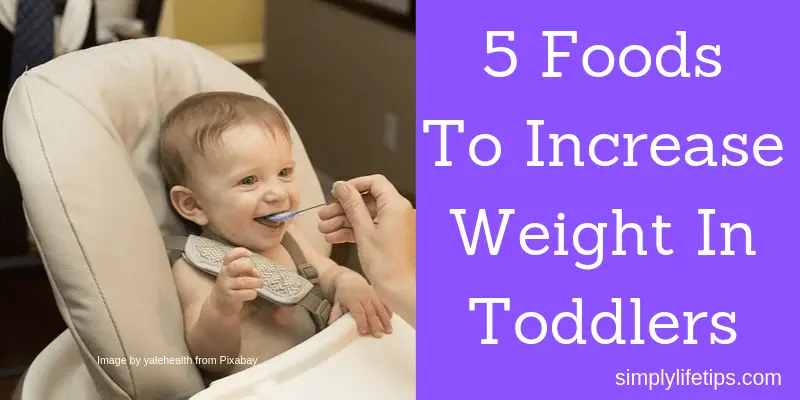In the present world, many children are experiencing childhood depression, which is a concerning issue. Childhood is often seen as a time of laughter, play, and carefree moments, but it’s important to remember that children can also experience depression, a condition that should not be taken lightly. Understanding and addressing childhood depression is essential for the well-being and healthy development of our young ones. In this article, we’ll delve into what childhood depression entails, its common signs, potential causes, and the crucial role parents and caregivers play in providing support. We will also reference three reputable sources to shed light on this critical topic.
Understanding Childhood Depression
Childhood depression, often referred to as pediatric depression, is a genuine and sometimes severe mental health condition that affects the emotional well-being of children and adolescents. It can disrupt a child’s daily life, impair their social and academic functioning, and, if left unaddressed, can have lasting effects.
Recognizing The Signs
Recognizing the signs of childhood depression is paramount for early intervention. The American Academy of Child and Adolescent Psychiatry (AACAP) outlines several telltale signs for parents and caregivers to be vigilant about:
Persistent Sadness: A child may exhibit prolonged and unexplained feelings of sadness or hopelessness.
Loss of Interest: They might lose interest in activities they once enjoyed.
Changes in Appetite or Sleep Patterns: Significant changes in eating or sleeping habits can be indicative of depression.
Irritability: Children with depression may appear more irritable and short-tempered.
Social Withdrawal: They may isolate themselves from friends and family.
Academic Decline: A sudden drop in school performance or motivation can be a red flag.

Potential Causes Of Childhood Depression
The causes of childhood depression are complex and multifaceted. Several factors can contribute to its development, including:
Genetics: A family history of depression can increase a child’s vulnerability.
Environmental Stressors: Traumatic events like loss, divorce, or abuse can trigger depressive episodes.
Neurobiological Factors: Chemical imbalances in the brain can play a role in the development of depression.
Healing Childhood Emotional Trauma: Strategies and Benefits
Support And Intervention
Support from parents and caregivers is pivotal in helping children cope with and overcome depression. The American Academy of Pediatrics (AAP) recommends several strategies for parents and caregivers to assist their children:
Open Communication: Encourage your child to talk about their feelings and be a compassionate listener.
Professional Help: Consult a paediatrician or mental health professional for an accurate diagnosis and treatment plan.
Therapeutic Intervention: Psychotherapy, such as cognitive-behavioral therapy (CBT), can help children develop effective coping strategies.
Medication: In some cases, a healthcare provider may prescribe medication as part of the treatment plan.
Healthy Lifestyle: Promote a balanced diet, regular exercise, and adequate sleep, as these factors can significantly impact mood and overall well-being.
How Do Threats Affect Children’s Mental Health?
Is Your Child Depressed?
How can parents distinguish between normal moodiness and a potential problem? Discover the signs of depression and strategies to support your child’s well-being in the following video.
Final Thoughts
Childhood depression is a complex issue that demands empathy, understanding, and timely intervention. By recognizing the signs and potential causes of depression in children and offering the right support, parents and caregivers can help children develop resilience and achieve emotional well-being. The referenced sources in this article provide valuable insights and resources to further educate and assist in managing childhood depression.
Do you agree that childhood depression is a complex issue?
References
- AACAP: Children and Adolescents and Depression
- AAP: Depression in Children and Teens
- National Institute of Mental Health: Teen Depression
I appreciate your visit. I trust you found the post enjoyable.
Remember, Sharing Is Caring! Feel free to share this post on your social media and other networks to help others discover it.
PVM
Featured Image by Freepik

Mathukutty P. V. is the founder of Simply Life Tips. He is a Blogger, Content Writer, Influencer, and YouTuber. He is passionate about learning new skills. He is the Director of PokketCFO.
He lives with the notion of “SIMPLE LIVING, CREATIVE THINKING”. He Believes – “Sharing is caring.” and “Learning never ends.”



